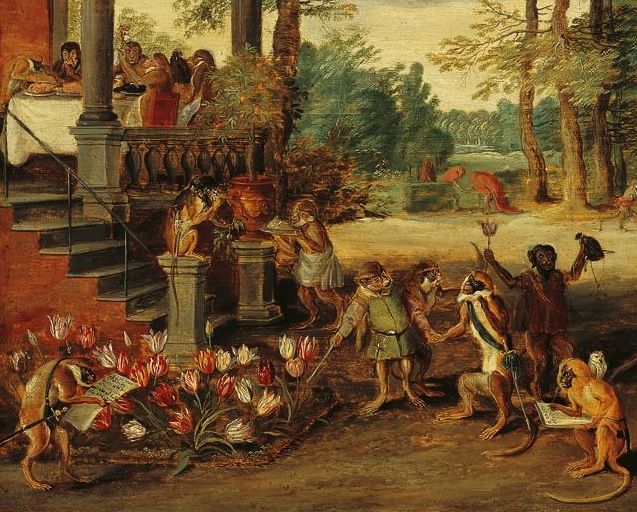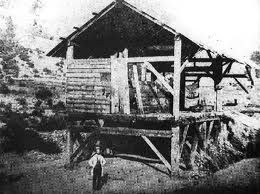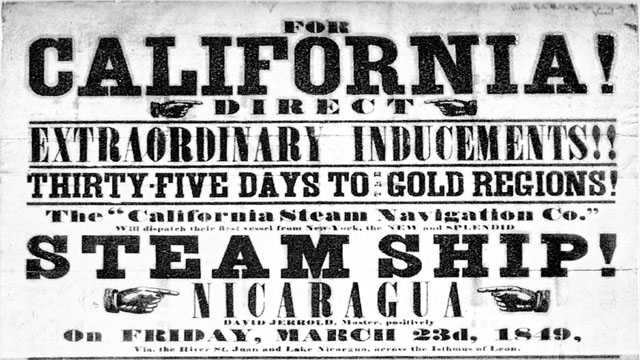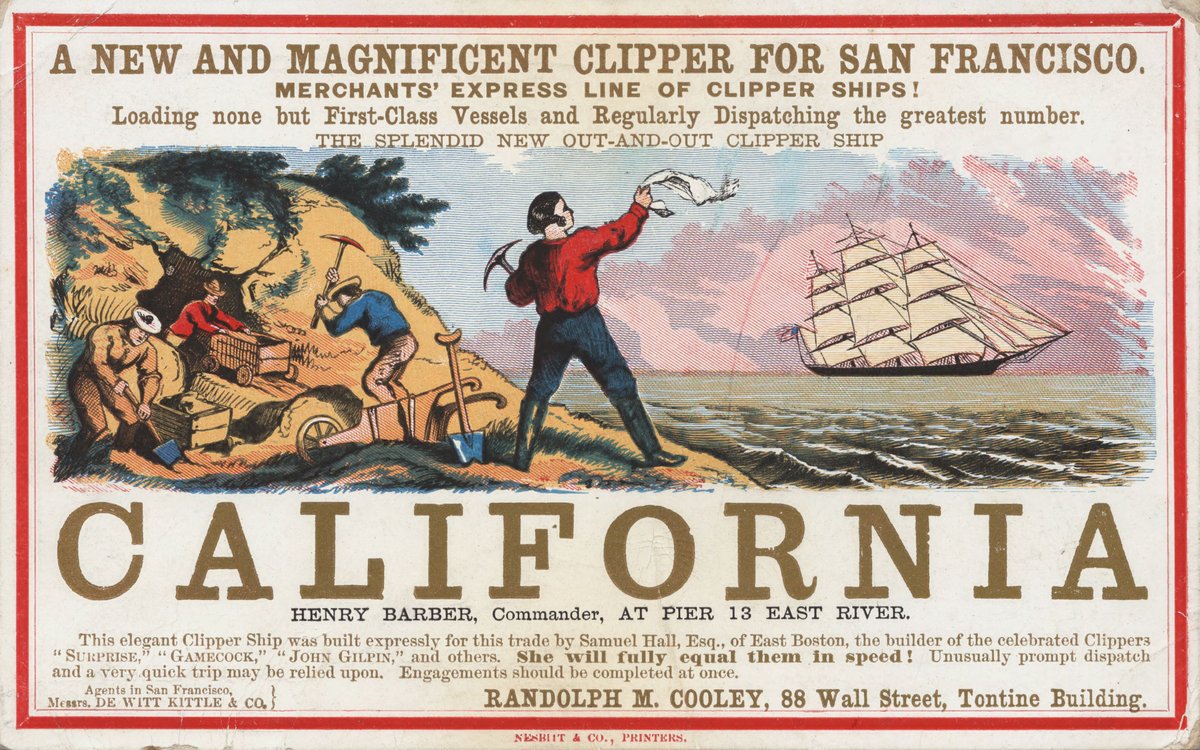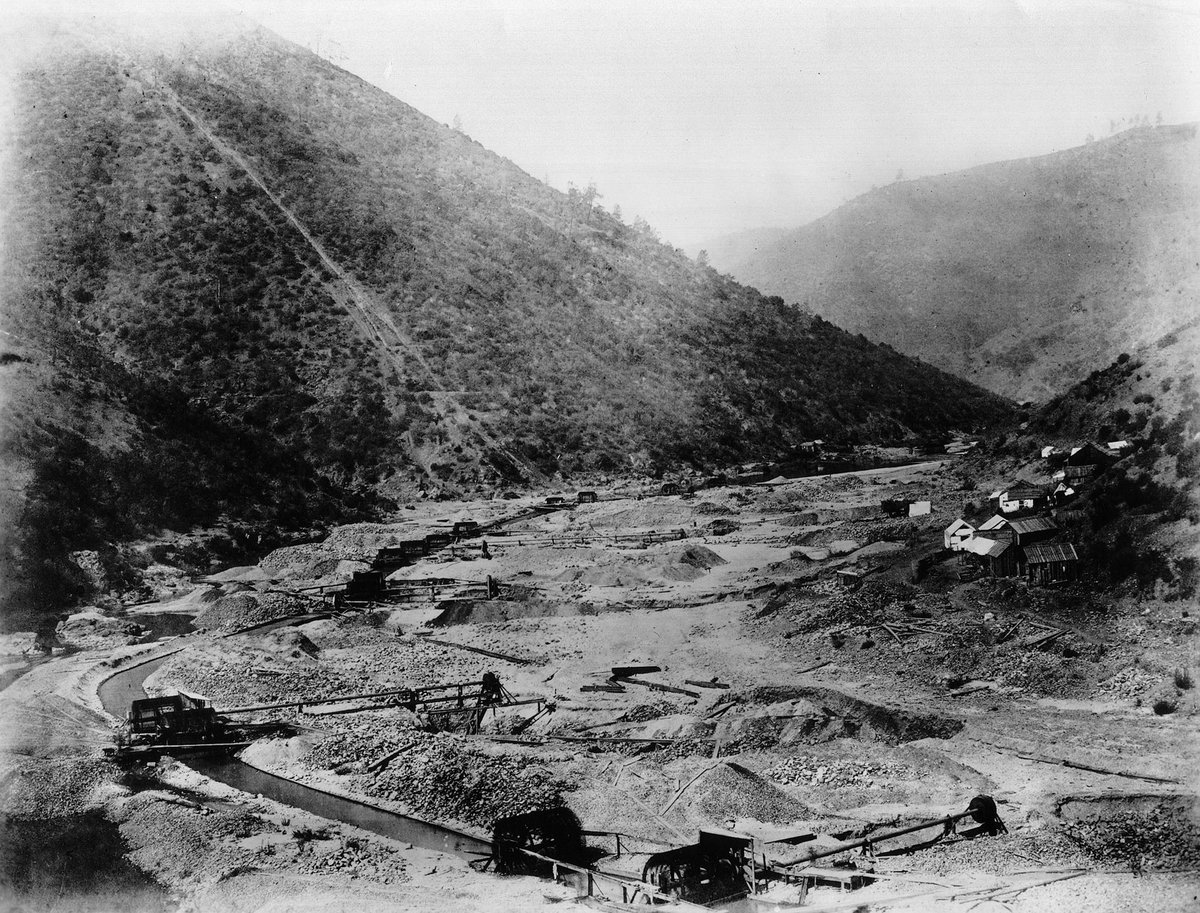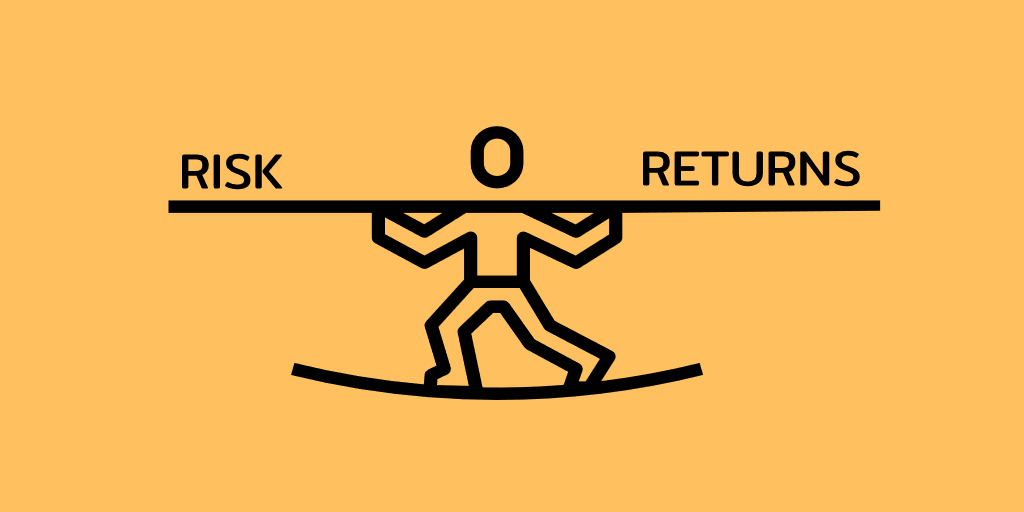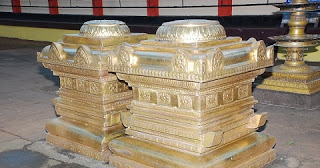He was a mathematician, physicist, astronomer, theologian, and author.
Isaac Newton: A brilliant scientist, a terrible investor
How Issac Newton lost $4 million due to the first stock market bubble in history and insider trading
/THREAD/

He was a mathematician, physicist, astronomer, theologian, and author.
However, his most prominent failure was losing an entire fortune in the first stock market bubble in history, the South Sea Company in 1720.

Before 1720 most of his investments were in safe and reliable securities, various government bonds that delivered a regular stream of income, and shares in a few of the larger companies on the exchange, including South Sea Co.
Government bondholders were given the option to exchange their securities into South Sea Co. shares.
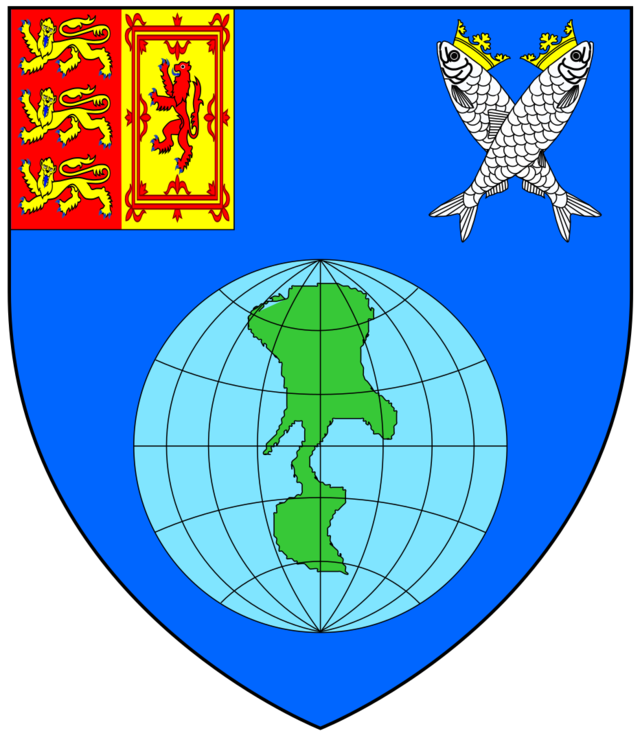
However, the potential for dividend increases and sizable capital gains was created when Parliament gave the company a monopoly on trade with Spain’s colonies in South America.
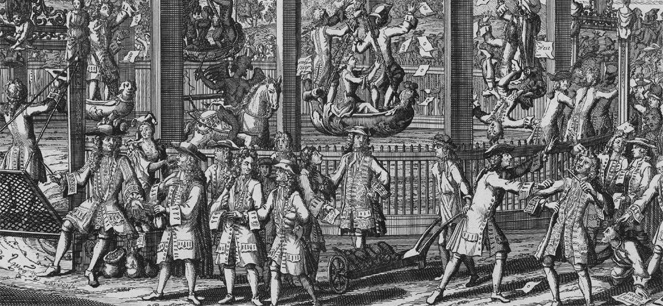
It required all companies that sold stock to the public to hold a royal charter aiming to control rampant speculation.
A well-bribed Parliament and ruling ministry accepted the idea in February, and the deal became official in April.
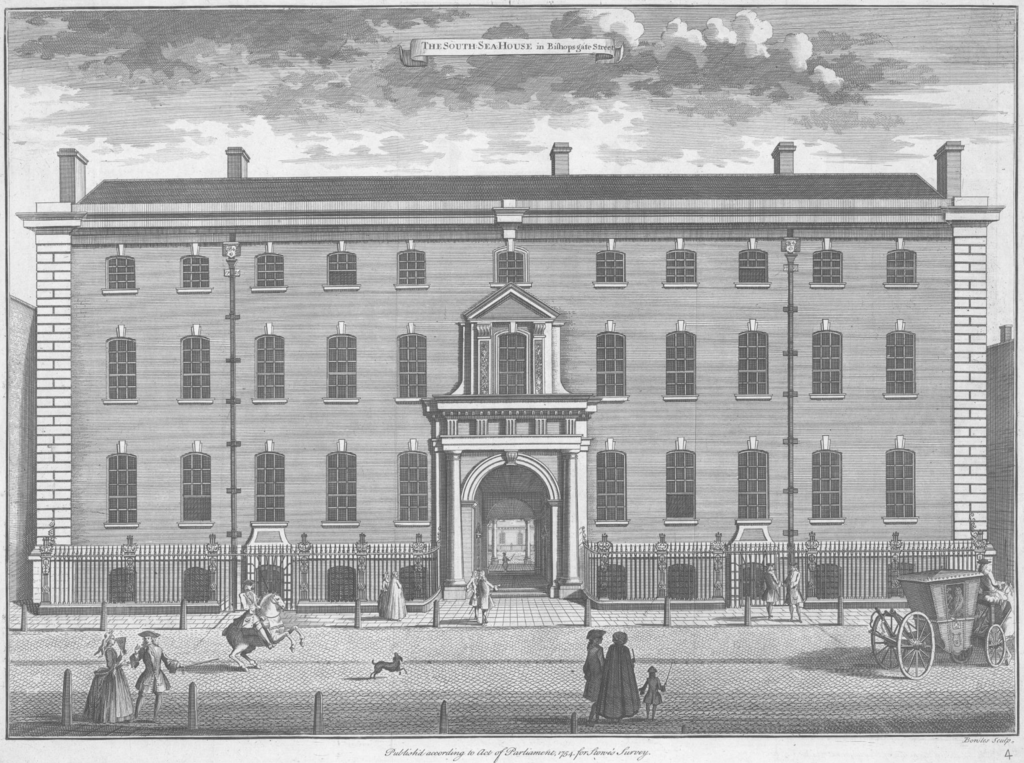
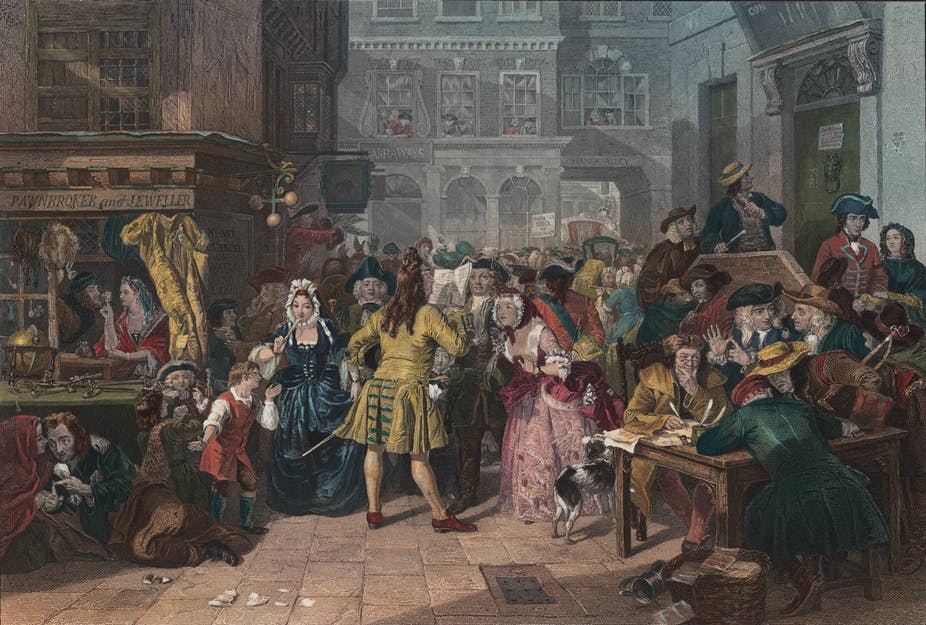
Over the next eight years, he picked up more shares, using his savings and the proceeds from selling his shares in other companies.
In 1720, he converted his government bonds and annuities into the stock.
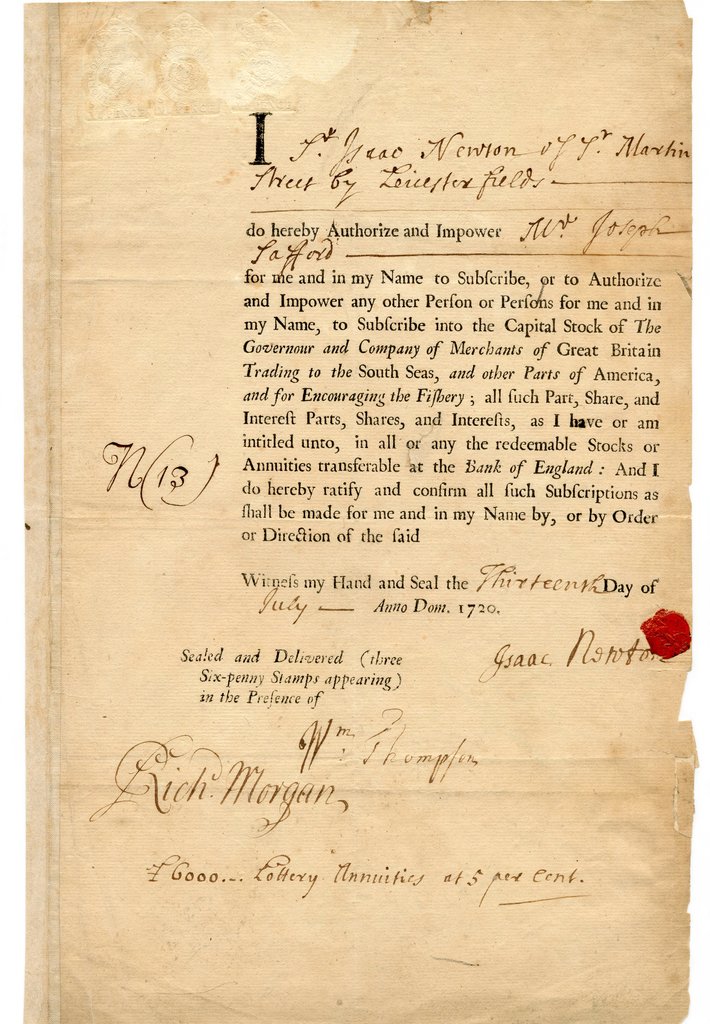
At this point, Newton unloaded most of his shares for a profit of more than £20,000 equal to 200 years of his former annual salary as a professor at the University of Cambridge.
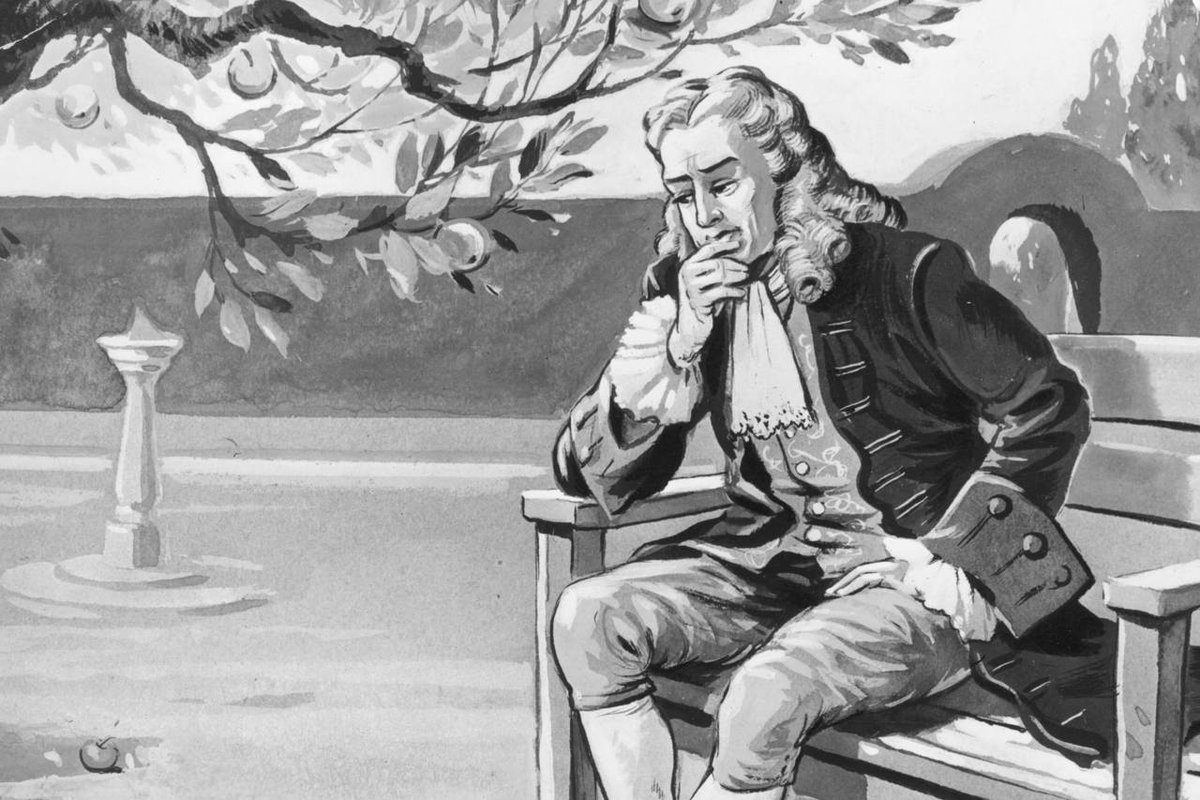
This was amplified by the hundreds of newspapers in London posting glowing articles from esteemed authors, along with rumors about South American commodities that would be imported back to Europe.
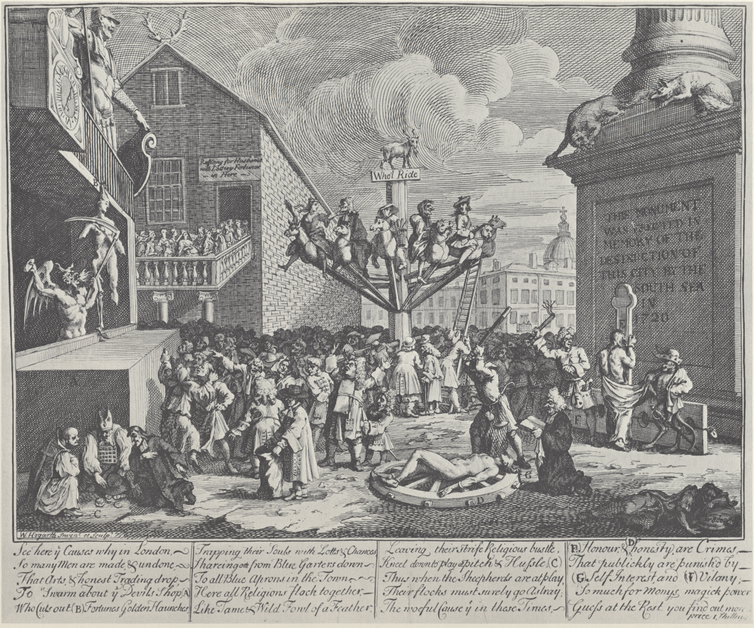
The stock was also made easier to buy through installment plans with 10% downpayments.
With England in a euphoric mood, watching from the sidelines was hard to do.
By mid-June, Newton could no longer stand the thought of the money he’d “lost” by selling too soon and began to buy back in.
By mid-August, he was paying £700 to £1,000 a share, more than double the price he’d sold in April.
In the summer, news broke that insiders were selling.
The stock began to tumble and within a few weeks, plunged back to the £200 level.
So ended the infamous South Sea Bubble.
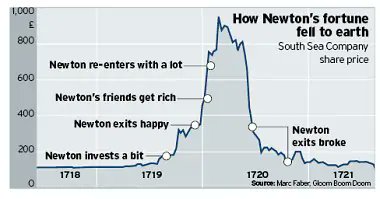
Newton’s losses were catastrophic, likely £20,000, the equivalent of $4 million today.
1720 was sometimes referred to as the “Bubble Year”

He allegedly forbade everyone from uttering the words "South Sea" in his presence.
/END/

👇👇👇
https://t.co/ggB2vFv9Ha
Isaac Newton: A brilliant scientist, a terrible investor
— Kostas Kosmidis \U0001f468\u200d\U0001f4bc \U0001f4c8 \U0001f4b8 (@itsKostasWithK) January 10, 2021
How Issac Newton lost $4 million due to the first stock market bubble in history and insider trading
/THREAD/ pic.twitter.com/uCU0zDVyw9
More from Kostas Kosmidis 👨💼 📈 💸
The Mother of All Squeezes
How Volkswagen went from being on the brink of bankruptcy to the most valuable company in the world in two days
/THREAD/

1/ At the peak of the 2008 financial crisis, Volkswagen was considered a very likely candidate for bankruptcy.
Heavily indebted and already financially struggling before 2008, with car sales expected to plummet due to the ongoing global crisis.
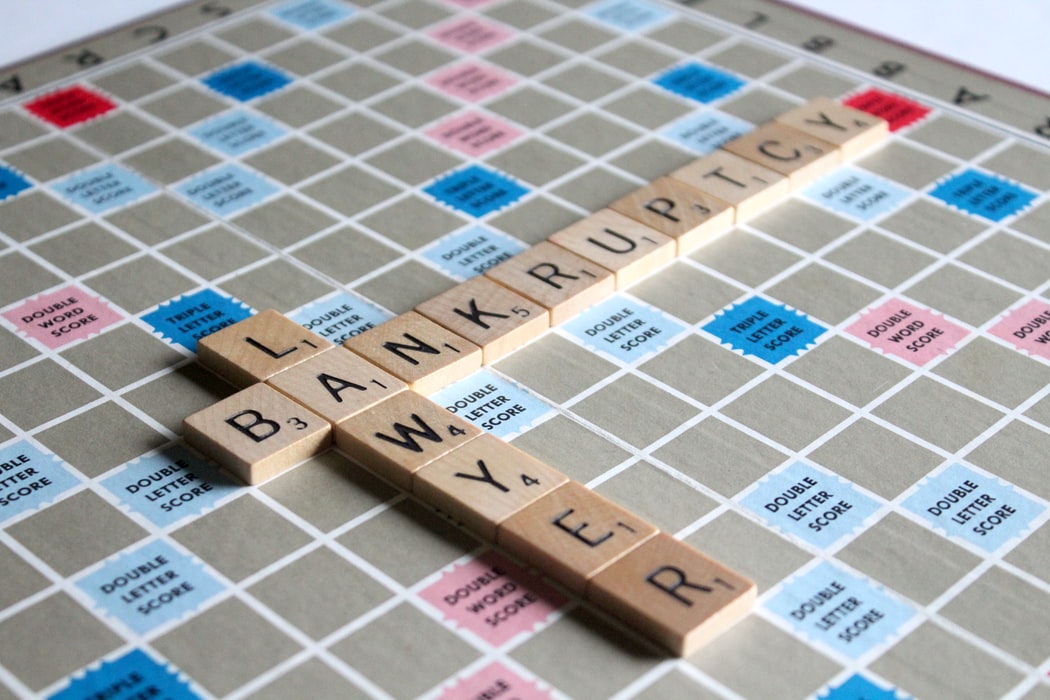
2/ With GM and Chrysler filing for bankruptcy in 2009, shorting the VW stock would seem a safe bet.
If you are not familiar with stock shorts and short squeezes check my thread
3/ On October 26, 2008, Porsche announced it had increased its stake at VW from 30% to 74%.
This was a surprise to many who were led to believe that Porsche wasn't planning a takeover of VW, based on the company's announcements.

4/ Before the announcement, the short interest was approximately 13% of the outstanding shares, a number considered relatively low.
Porsche had a 30% stake, the Lower Saxony government fund held 20% of the shares, and another 5% was held by index funds.
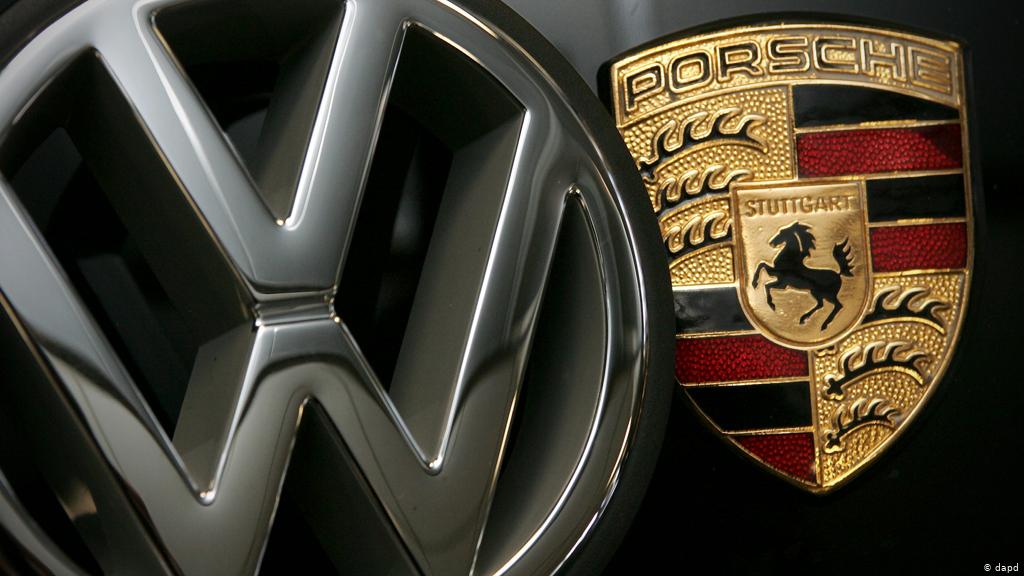
How Volkswagen went from being on the brink of bankruptcy to the most valuable company in the world in two days
/THREAD/

1/ At the peak of the 2008 financial crisis, Volkswagen was considered a very likely candidate for bankruptcy.
Heavily indebted and already financially struggling before 2008, with car sales expected to plummet due to the ongoing global crisis.

2/ With GM and Chrysler filing for bankruptcy in 2009, shorting the VW stock would seem a safe bet.
If you are not familiar with stock shorts and short squeezes check my thread
Shorts, Squeezes, and Betting Against Stocks
— Kostas on FIRE \U0001f525 (@itsKostasOnFIRE) January 27, 2021
What is short selling, how is it used and why is it risky?
/THREAD/ pic.twitter.com/PyDd208hFe
3/ On October 26, 2008, Porsche announced it had increased its stake at VW from 30% to 74%.
This was a surprise to many who were led to believe that Porsche wasn't planning a takeover of VW, based on the company's announcements.

4/ Before the announcement, the short interest was approximately 13% of the outstanding shares, a number considered relatively low.
Porsche had a 30% stake, the Lower Saxony government fund held 20% of the shares, and another 5% was held by index funds.





